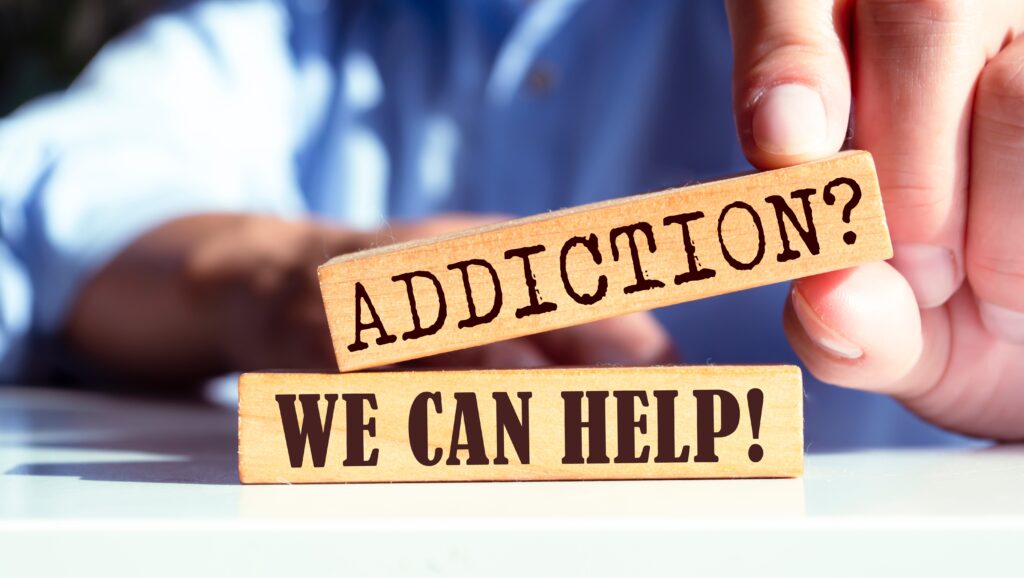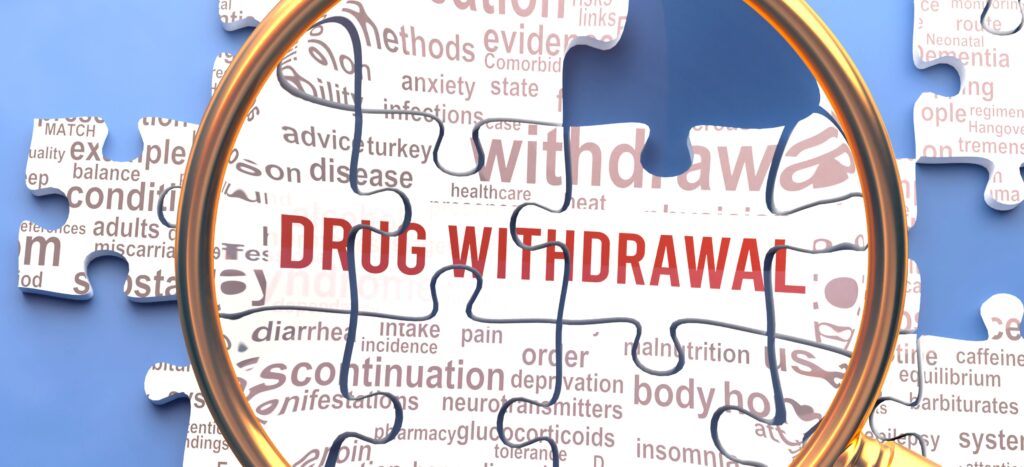Addiction is a chronic brain disease that doesn’t discriminate based on age, gender, socioeconomic status, race, or any defining characteristics. Addiction can sink its claws into anyone, and it requires proper professional treatment in order for those suffering to get clean and stay clean. Before you truly begin the long road to full recovery however, you must go through a detox process. This stage only lasts around a few days to a week, but can cause such uncomfortable withdrawal symptoms in a patient (ranging from mild to severe) that a lot of people don’t even make it through this very first step. These symptoms can often come about erratically and will vary from person to person. This is why it is necessary that the detox period takes place in a controlled environment, such as a treatment and recovery center. This way, the patient will be able to be monitored and treatment can be modified to help manage the individual’s symptoms.
Withdrawal Symptoms During Detoxing
When you are going into the detoxing process, it’s important to keep in mind that your experience might be completely different than the next person’s. No two people will have the same reaction to certain drugs, and the same is true for withdrawal symptoms. Withdrawal symptoms occur during detox because your brain had grown accustomed to being overdosed with chemicals, usually chemicals that your brain naturally produces like neurotransmitters dopamine and serotonin. These neurotransmitters regulate the processes in your body, and when one uses a substance that increases them beyond normal levels, it can provide the feeling of the “high” that hooks people into addiction. However, when you are consistently supplementing the brain’s natural chemicals, the brain adapts to this and starts slowing down the production of these neurotransmitters because it has become overloaded. This is the main contributing factor to the uncomfortable and sometimes painful withdrawal symptoms that those going through detox will experience because once you stop supplementing your brain, it will take a while to kick back into action and begin producing a healthy amount of neurotransmitters again. In the meantime, your body isn’t going to be getting what it requires to function normally, and you must ride out the detox period to get back to the point you were before you became reliant on the substance.
Minor withdrawal effects include sweating, nausea, difficulty sleeping, and headaches. Those who have been suffering from addiction for a long time may experience more severe withdrawal effects. These symptoms may include seizures, hallucinations, and confusion.
Since withdrawal symptoms can often be sporadic, complicated, and life-threatening, it is important that the process of detoxing be done in a controlled environment with supervision from a medical professional. Treatment centers allow you or your loved one who is suffering from addiction a safe place to detox.
Medical professionals will be able to track your vitals during the process, adjusting your treatment plan and medication accordingly. If you are experiencing any adverse symptoms or pain, you can be assured that someone will be on call to help manage these reactions, and they will help to minimize any discomfort you feel during the process.
Drug And Alcohol Detox Timeline
The detox timeline will depend on several factors, which will be unique to the individual. Some of the factors that can influence a detox timeline maybe things like:
- the type of substance that was being abused
- duration of the abuse
- method of abuse
- genetics
- prior medical history.
Withdrawal symptoms can begin to surface soon after drug or alcohol use has ceased. There is no definite timeline that is recognized by the medical community in regards to detox. However, the outline detailed below provides you with a general idea of what you can expect when you are detoxing.
The First Day
During the first portion of the day, you may begin to notice mild withdrawal symptoms. It may be beneficial to keep a journal during this time as a way to not only jot down any withdrawal symptoms you are experiencing to discuss with a medical professional at your treatment center but also to serve as a distraction for you in this difficult time.
These mild symptoms may include headaches and anxiety. As the day progresses, your symptoms may as well. Other side effects may begin to layer on top of the ones you’ve already been experiencing. These may include confusion, dizziness, and seizures, which is why it’s imperative that you have medical professional monitoring you at all times throughout the process.
The Second Day
By the time the second day rolls around, you will likely be experiencing the worst of the symptoms, as the drug has almost completely left your bloodstream at this point and your brain is just in the very beginnings of working to catch up but hasn’t been able to do so yet. You may begin to experience more intense symptoms, such as delusions or panic attacks. It is important that you report any adverse reactions or discomfort to your medical team, so they can help you address your withdrawal symptoms appropriately.
The Second Week
Some symptoms may persist and can even last for weeks. However, most people who hit the second week of detox report significantly less withdrawal symptoms than the week prior. Severe withdrawal symptoms may cease entirely, but weaker symptoms may stick around longer. These prolonged effects can include difficulty sleeping and low energy levels.
Prepare Yourself Mentally
Recovery relies on a commitment to change. People tend to get nervous before they take the initial step towards detox, which is completely understandable. Change is often the most frightening when a person does not feel equipped. To better prepare yourself for detox, there are steps you can take prior to enrolling at a treatment center. In addition, seek the support of friends and family. One of the best indicators of full recovery is having a strong support system behind you to motivate you and hold you accountable.
If you know someone who is suffering from addiction and they have decided to detox, one of the best things you can do for them is to show them that they have your full support. Feeling the wave of positive energy behind them will help to fuel this momentous occasion.
Aside from leaning on family and friends for support, your biggest motivator will need to be YOU! Keep yourself driven and positive when you are in the decision-making process. It may be helpful to write down all the reasons why you have chosen detox as your next step and how it will vastly improve your life so you can look back at it when things feel hopeless. When you enter the treatment program and begin to discuss detox, ask your healthcare professional any questions you may have about the process. They are there to help you feel comfortable and supported during the whole treatment process and will have no problems answering any questions you may have.
Seek The Help You Deserve Today
To give the detox process the greatest chance of success and limit any possible life-threatening conditions, it is imperative that detoxing be supervised by medical professionals at a treatment center. Withdrawal symptoms can range from mild to severe and all individuals need a unique customized care plan to best fit their needs. Detoxing from home is not a safe option and could lead to deadly consequences. The first step towards recovery is recognizing there is a problem, seeking help, and enrolling in a detox program that will change your life for the better.
At Scottsdale Integrated Detox you will be monitored during the detox process and any discomfort will be recorded, allowing the medical team to tweak your plan to help make the process more comfortable for you. After detox, your treatment plan will continue to help you down the path to sobriety. Take the first step today and call to find out more about everything they have to offer. As always, make sure to check out the resources on https://togetheraz.com/ .








